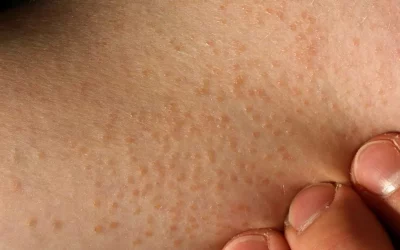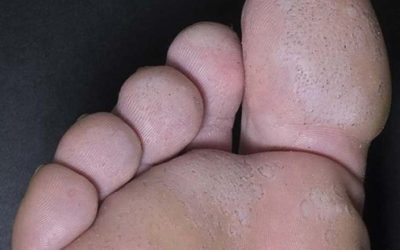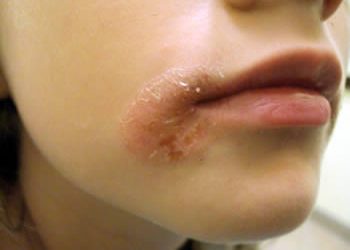Rosacea
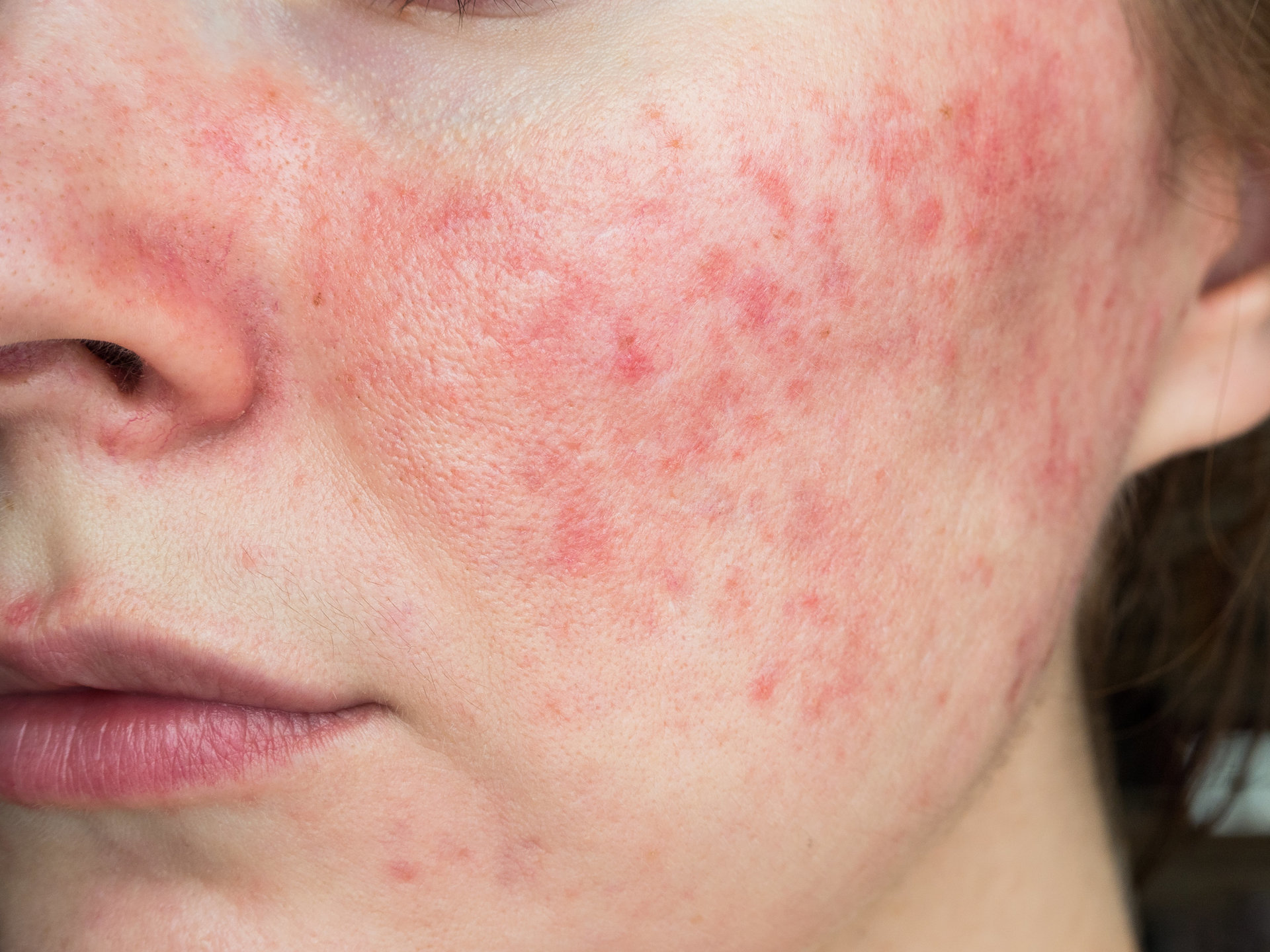
Rosacea is a chronic inflammatory, non-infectious skin disease that manifests redness and rashes on the forehead, cheeks, nose and chin, sometimes affecting the eyes.
Rosacea is caused by a combination of factors:
- more common in fair-skinned, blue-eyed people;
- genetic predisposition – more likely to have red cheeks if there is a family history of people with the disease;
- Environmental factors: sudden changes in ambient temperature (hot showers, sauna, hot tub, etc.), prolonged exposure to the sun without protective equipment;
- more common in people who experience prolonged severe stress;
- vasodilating foods that worsen the course of the disease (they do not cause the disease!!!): alcohol (especially red wine), spicy foods, very hot foods, heavy use of cinnamon etc.
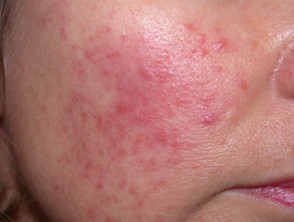
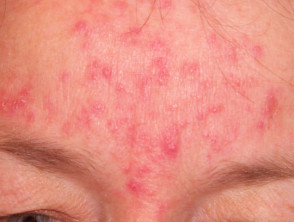
- persistent redness of the face (especially in the cheeks);
- prominent fine facial blood vessels – like pink stitches
cheeks; - a rash of red papules (‘pimples’);
- a stretching, dry sensation that is not relieved by applying cream;
- skin irritation, tingling, itching;
- scaling of reddened areas;
- enlarged couples
It is recommended to treat only when the disease is noticed, as it requires the least effort to control and does not make such much impact on your quality of life.
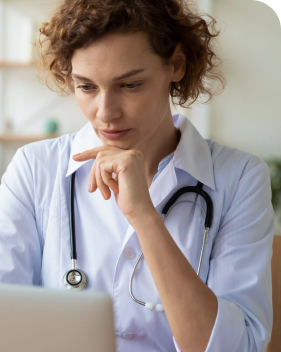
Lichen Nitidus: Causes, Symptoms, and Treatment Options
Lichen nitidus is a rare inflammatory skin condition that causes small, shiny, flat-topped bumps on the skin. While often harmless, treatment can help manage symptoms and improve the skin’s appearance for affected individuals.
Pitted Keratolysis: Causes, Symptoms, and Treatment
Pitted keratolysis is a bacterial skin condition affecting the soles of the feet, causing small pits and a strong odor. Treatment includes antibacterial creams and proper foot care to reduce symptoms and improve skin health.
Angular Cheilitis: Causes, Symptoms, and Treatment Options
Angular cheilitis is a condition that causes painful cracks and inflammation at the corners of the mouth. It can be treated with moisturizers and antifungal or antibacterial creams to reduce symptoms and prevent recurrence.
iDerma
MB iDerma
Fabijoniškės g. 99, Vilnius
+370 671 33323
[email protected]


